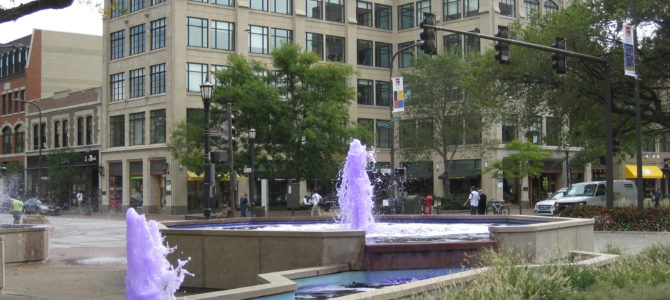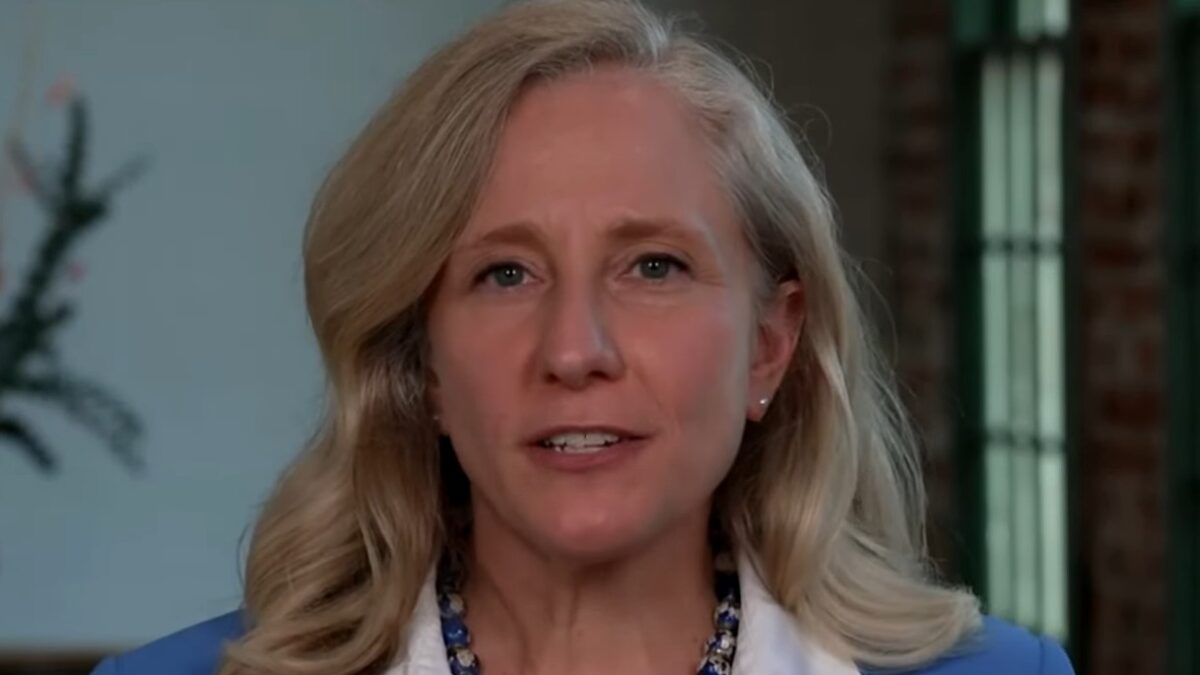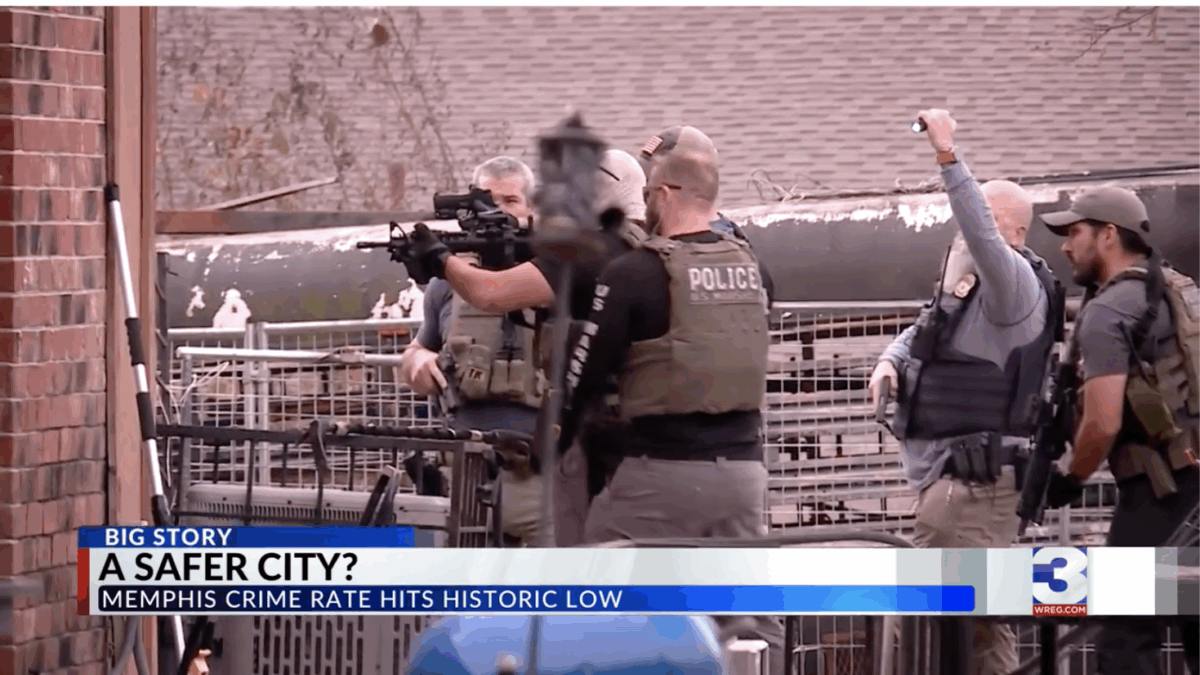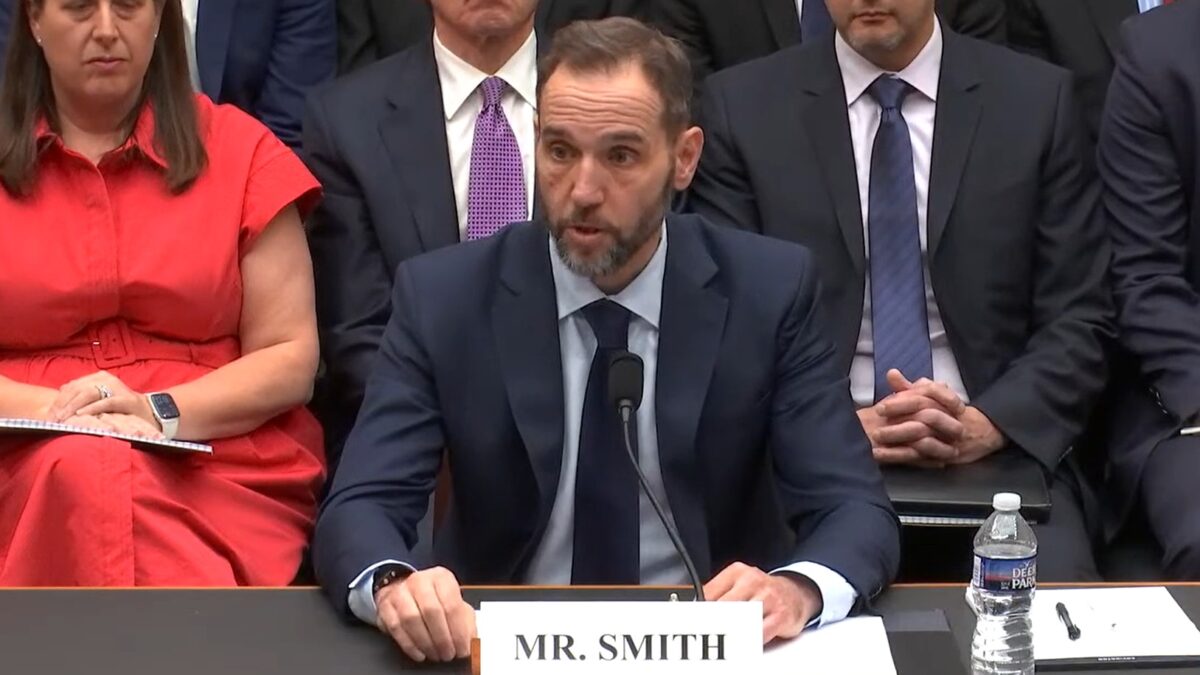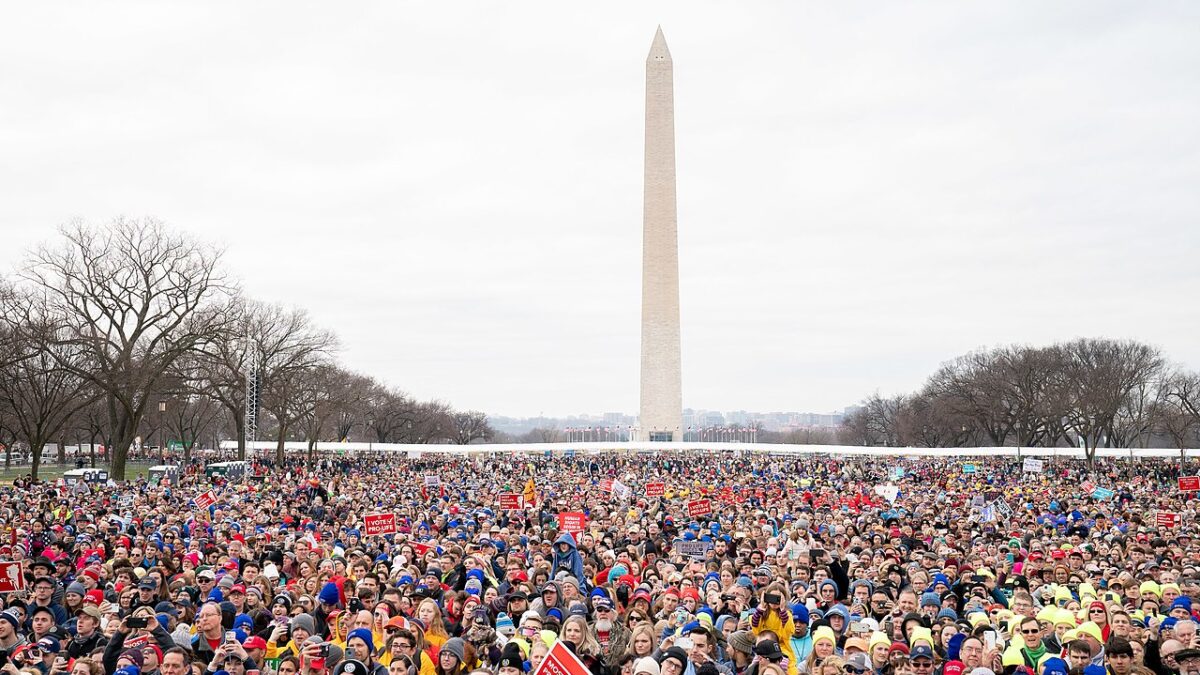The Evanston, Illinois City Council on Monday approved funding for reparations to be given to the city’s black residents over discrimination against their ancestors.
The plan was approved 8 to 1 and will distribute $400,000 to eligible black residents. In order to qualify, residents must provide proof that they have an ancestor who lived in Evanston between the years 1919 and 1969 who was discriminated against because of city ordinances, policies, or practices. Qualifying households will receive up to $25,000 to be put toward home repairs or property down payments.
The Evanston program was first proposed by Alderman Rue Simmons, the architect of the Evanston Local Reparations Restorative Housing Program and Program Budget. Simmons noted that the city is prepared for any legal challenges that might transpire.
“[We are] ready to provide pro bono legal defense to us in the event that we should have some sort of situation in court,” Simmons noted after the meeting, aware of the controversial precedent his city is setting across the country.
Mayor Steve Hagerty says families will receive the reparations this summer, with potentially more funding as the years continue.
Alderman Cicely Fleming, who was the only council member to vote against the plan, contends that she supports reparations but says that’s not what the City Council passed. Fleming says it’s a paternalistic housing plan with a reparations label that assumes black residents are incapable of managing their own finances.
After the death of George Floyd last summer and the Black Lives Matter rioting and looting that followed, reparations became a policy that picked up steam on the left. According to a Biden senior adviser in March, the White House is “going to start acting now” to strategize on giving checks to people who have not been directly discriminated against today, but have relatives from hundreds of years ago who were.
“We have to start breaking down systemic racism and barriers that have held people of color back and especially African Americans,” Cedric Richmond, the adviser, told Axios. “[W]e have to do stuff now.”
In February, press secretary Jen Psaki said Biden “would certainly support a study of reparations” after a House panel heard testimony on legislation to craft a strategic commission on slavery and suggest compensation for the descendants of slaves. The legislation, H.R. 40, first sponsored by Rep. Sheila Jackson Lee, D-Texas, has 173 Democratic co-sponsors.
“He certainly would support a study of reparations,” Psaki noted at a White House briefing. “He understands we don’t need a study to take action right now on systemic racism, so he wants to take actions within his own government in the meantime.”
Biden said in the 2020 presidential debate in September 2019 that “there’s institutional segregation in this country. And from the time I got involved, I started dealing with that.” The comment from Biden came only a year after he questioned what “responsibility” Americans had to “take to repair the legacy of slavery.”
Evanston is the first city to implement radical reparations policies, but it might not be the last. Amherst, Massachusetts has been weighing reparations as of March, in addition to Providence, Rhode Island; Asheville, North Carolina; and Iowa City, Iowa.
“There is no question that slavery is a scourge on the history of America,” said Sen. Tim Scott, R-S.C., the only African American GOP senator, in June 2019. “The question is, are reparations a realistic path forward? The answer is no. The fact is if you just try to unscramble that egg to figure out who are we compensating, who’s actually paying for it, and who was here in 1865?”
